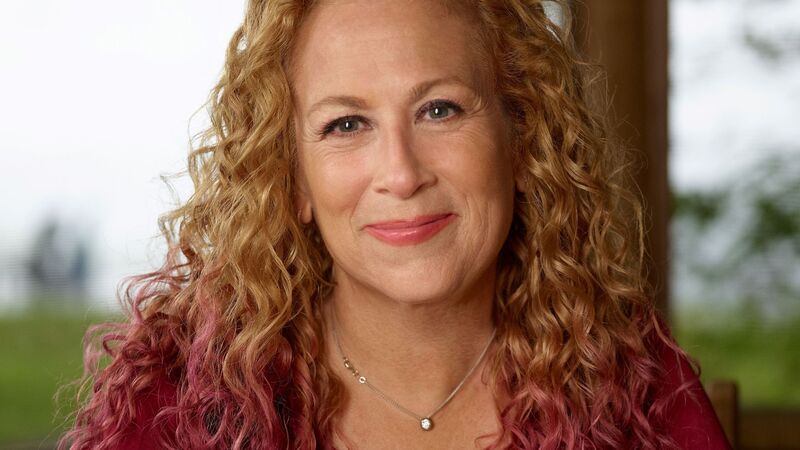You are viewing your 1 free article this month. Login to read more articles.
Lords call for digital literacy to be 'fourth pillar' of education
A group of Lords has called on the government to make digital literacy sit alongside reading, writing and mathematics as a “fourth pillar” of education.
The Lords Communications Committee report “Growing Up With The Internet” has demanded intervention “at the highest level of government” after hearing evidence that the internet does not take sufficient account of the fact that the needs of children are different to those of adults.
The current regime of self–regulation is “underperforming”, it said.
The committee said that digital literacy -the skills and knowledge to critically understand the internet - is vital for children to navigate the online world and should sit alongside reading, writing and mathematics “as the fourth pillar of a child’s education”.
It also said that schools should teach online responsibilities, social norms and risks as part of mandatory, Ofsted-inspected Personal, Social, Health and Economic (PSHE) education, designed to look broadly at the issues that children face online.
“It is no longer sufficient to teach digital skills in specialist computer science classes to only some pupils,” the report said. “We recommend that digital literacy sit alongside reading, writing and mathematics as the fourth pillar of a child’s education; and that no child should leave school without a well-rounded understanding of the digital world.”
At the same time, the committee called for the government to establish a Children’s Digital Champion to ensure “coordinated and sustained action from ministers across all departments and to present robust advocacy on behalf of children to industry”.
The report also recommended that minimum standards should be established for child-friendly design, content control filtering, privacy, data collection, terms and conditions of use, and report and response mechanisms for all businesses operating on the internet and that irrespective of its membership of the EU, the UK should maintain legislation which incorporates the standards set by the General Data Protection Regulation in respect of children, including the right to be forgotten, as a minimum.
Commenting on the report, chair of the committee Lord Best, said: “In the past twenty years, the internet has become an all-encompassing aspect of growing up. One minister described this as ‘almost the largest social experiment in history’. It is in the whole of society’s interest that children grow up to be empowered, digitally confident citizens. This is a shared responsibility for everyone, it is essential that we improve opportunities for children to use the internet productively; improve digital literacy; change the norms of data collection and to design technology in ways that support children by default.
“We believe that children must be treated online with the same rights, respect and care that has been established through regulation in offline settings such as television and gambling.”
He added that the government’s Internet Safety Strategy was a welcome start in addressing many of the dangers children are faced with online but said that action must be broader than a focus on preventing harms, and it must be sustained in the long-term.



















